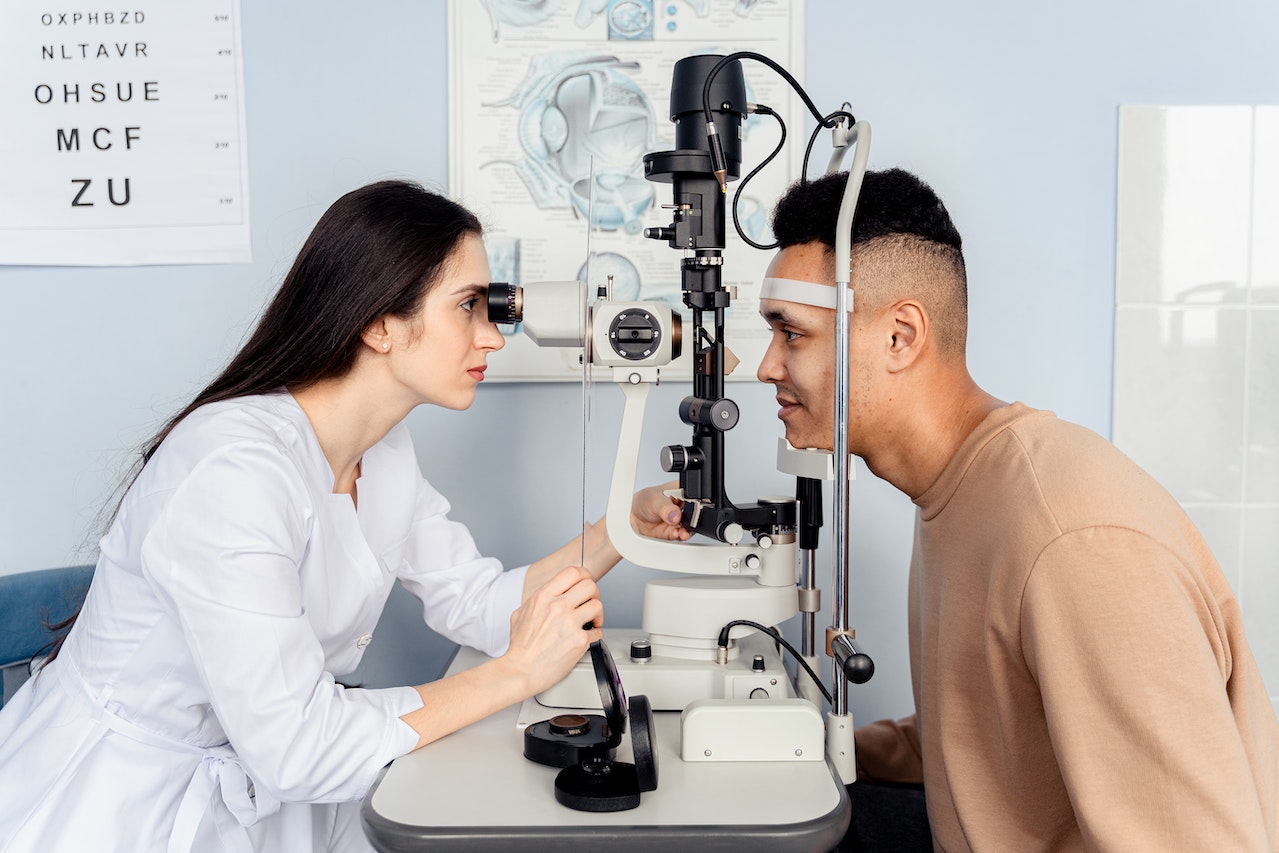Top 5 Reasons to Schedule an Appointment With an Optometrist
Just like going to the dentist for your teeth or your medical doctor for your general health, seeing an optometrist is also essential. They can do more than check your prescription and provide eyeglasses or contact lenses.
Contents
Prevent Eye Disease
An optometrist can treat, manage and optimize almost any eye-related condition. If they suspect a health problem like diabetes, high blood pressure, or macular degeneration, they may refer you to a specialist for further testing. Many eye diseases do not produce signs or symptoms until too late, so visiting your optometrist regularly is important. They can find and treat problems early on before they cause any serious damage to your eyesight. You can also ask your optometrist about any questions you have.
Prevent Blindness
Preventative care is one of the best ways to protect your eye health. Regular appointments with an optometrist help you avoid common eye diseases, such as glaucoma and macular degeneration. Additionally, keeping a healthy diet, avoiding smoking, and wearing eye protection can reduce your risk of blindness.
Maintain Healthy Eyes
Your eyes reveal a lot about your overall health. When your optometrist performs a comprehensive exam, they can detect aneurysms (bubbles in the walls of blood vessels), leaks from diabetes, vitamin A deficiency, and heart disease. Visiting your optometrist regularly can make all the difference in your vision and overall health. Schedule an appointment today and start making eye visits a part of your health maintenance routine, just like you would visit your doctor for your annual physical test. This will ensure that your eyes are healthy throughout every stage of life.
Detect Health Issues
Many people are surprised that an optometrist can spot many health issues in their patients, sometimes before other symptoms become evident. For example, a person with diabetes may have damaged blood vessels in their eyes, leading to high blood pressure and other problems. An eye doctor can detect this by looking for tears, leaks, or breaks in the eye’s blood vessels. An eye exam can also reveal signs of several general health problems, including high cholesterol that may cause a bleed in the back of the eye (known as a subconjunctival hemorrhage).
Get New Eyeglasses or Contact Lenses Prescription
Regular eye exams are important, but scheduling an appointment right away is especially crucial if you notice a change in your eyesight. For example, a few floaters in your field of vision are normal. Still, if you’re suddenly seeing bright flashes or losing peripheral vision, you must come in as soon as possible because these are symptoms of retinal detachment.
Optometrists can detect and treat these symptoms before they worsen, preventing blindness and other health issues. Optometrists also fill prescriptions for glasses and contacts, and they’re trained to help you find comfortable and fashionable frames. They can even recommend contact lenses that give you a natural appearance and reduce allergies.

